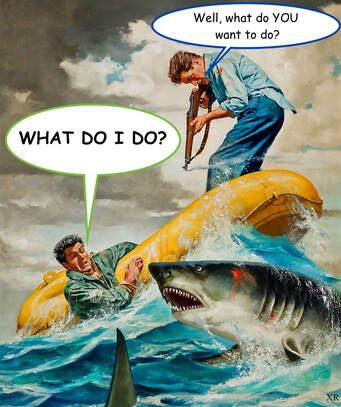 It's been said that the most frequent last words of adventurous, partying males are probably: 1) “Hey, watch this,” or 2) “Here, hold my beer.” If we heard either of these, we'd probably yell “STOP, Don’t Do That!” But giving well-intended advice in less obvious situations is trickier, so we've grown more hesitant to do so. We’ve all been burned by giving advice and having someone stare a hole through us. As a result, even as mentors we can we be hesitant to giving a young person advice about their future. We might say “I will give them advice if they ask.” Yet even if they us ask "What do I do?" we can be too carefully non-committal in giving them any advice that's useful (“Well, what do YOU want to do?”). Last month I had an interesting conversation with a person who said his son had been adrift in high school. It all turned in the right direction for him one day when an adult he casually played chess with said, “If you work hard, you could be a high-school chess champion.” He focused, and it happened. The Dad then said something similar had happened to him 50 years ago. He had been adrift in high school – good grades but adrift – when a someone told him “If you work hard, you could be on the debate team.” He focused, and it happened. These two mentors (even if they didn't know they were mentors) had each given these young people a specific vision of what they could be: A chess champion and a debate champion. They just didn't say “You’re sharp,” or “You talks good.” They gave a specific direction that an adrift student could paddle toward. They decided to Be the One who pointed at an island the students could paddle to. It can be easy to say “Good job,” or “You’re creative,” to a young person. Those are compliments, but they don't give useful paddling directions. A student might be earnestly good at school but not see where to take their life other than in the general direction their parents, friends, or placement office talked about. Suppose we took the risk that those two mentors took, and we told a younger person “You’d make a great ________,” or “Have you ever considered ____; I think you’d be really good at it.” They might feel a bit flattered, but they might also feel a bit motivated to paddle in a direction they hadn’t thought of. Even if they went in a totally different direction, if we motivated them in a hopeful way, we accomplished more than if we would have said, "Well, what do YOU want to do?" Let’s circle back to last month’s conversation about the two mentors who laid out specific visions to the guy and to his son. Things worked out for both of them. Ten years later, the son had graduated from college, started his own business, and was coaching chess champion hopefuls on the side. Forty years later, the dad had retired as a Fortune 500 CEO to produce a movie. Partly because two mentors decided to "Be the One" who gave them direction. There's a reemerging movement around this Be the One notion. Although it's sort of aimed at teachers, a surprising amount of it still applies to any mentor who takes the extra effort to say the right words at the right time. You can check out Ryan Sheehy's Twitter for a booster shot. Comments are closed.
|
Welcome!Here are some tips, tricks, and secrets on how you and your family can eat to be healthier and happier. They're based on over 30 years of our published research.
Fun InterviewsMost Visited Last Month• For You
• Smarter Lunchrooms • The X'Plozionz Band • Help your family • Kitchen Scorecard • Retracted papers • Grocery secrets • Do kids inherit taste? • Be healthier at work • How not to retire • Estimating calories • Restaurant Secrets • Syllabus template Top 2024 Downloads• Kitchen Makeover
• Smarter Lunchrooms • Smarter Lunchroom Scorecard • Grocery Shopping Hacks • Restaurant Secrets • Write a Useful Syllabus • Workplace Wellness Tips • Healthy Profitable Menus Categories
All
|
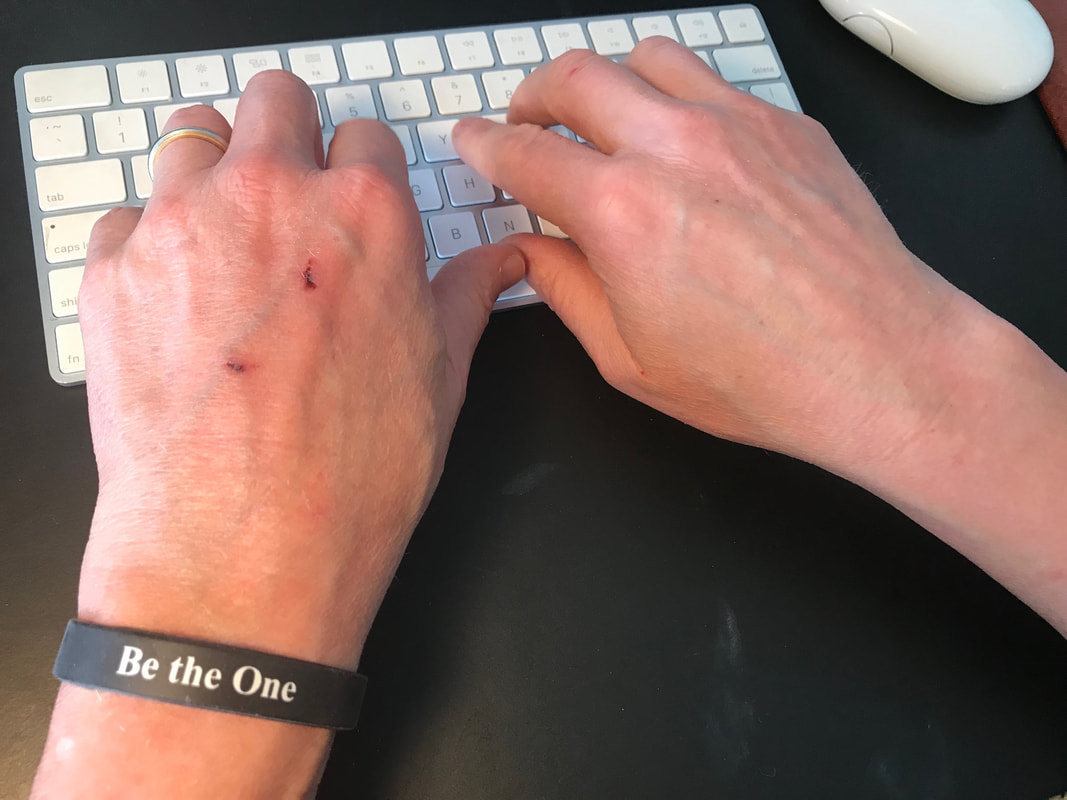
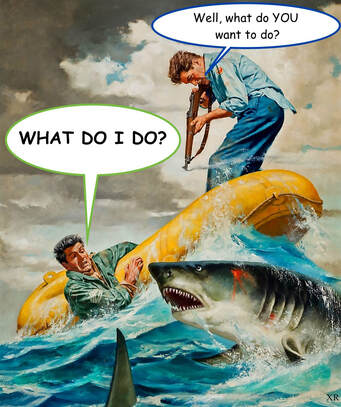
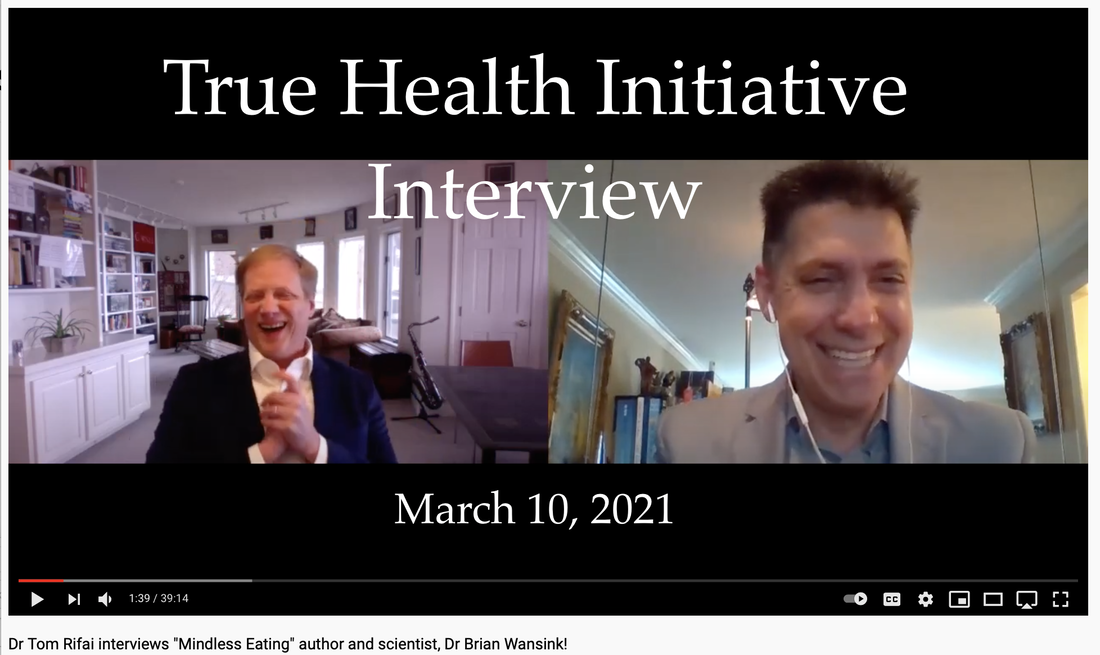
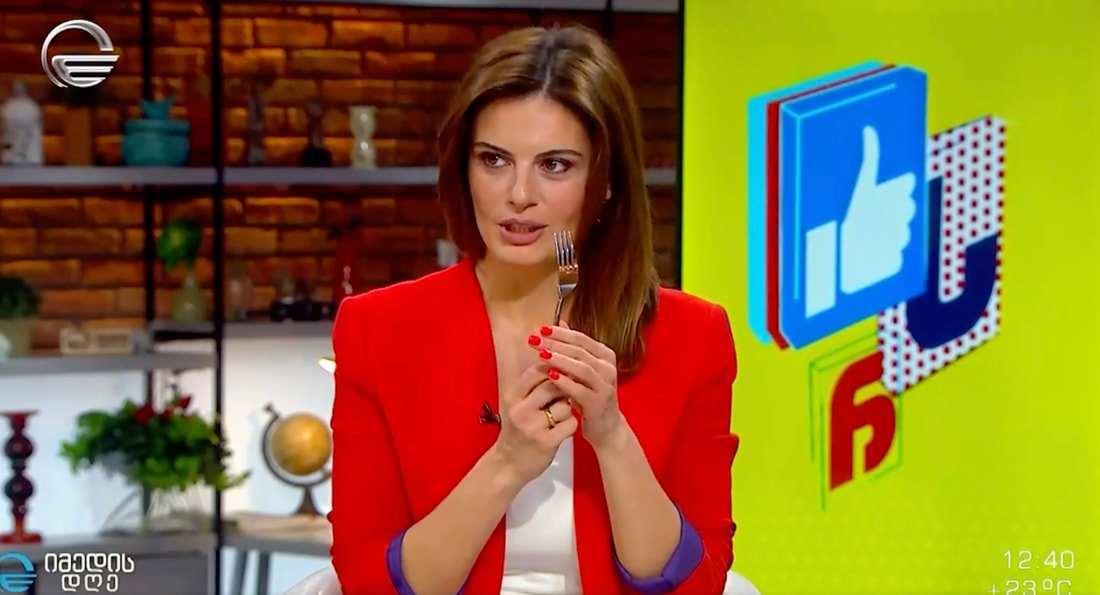
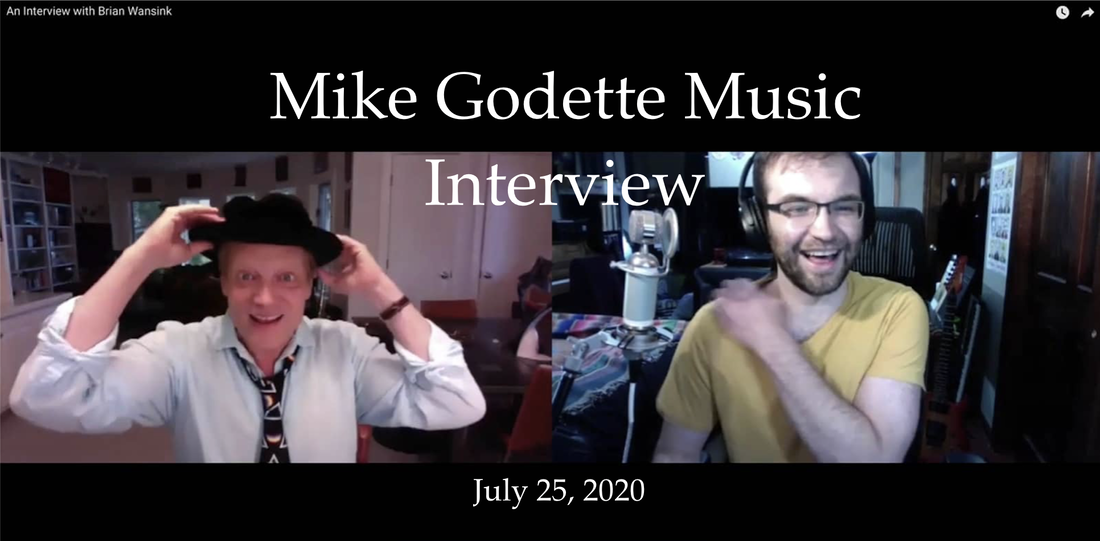

 RSS Feed
RSS Feed